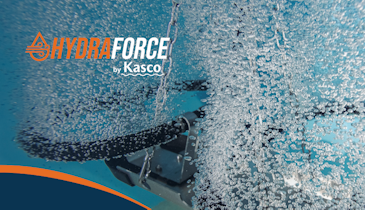The Centers for Disease Control and Prevention and the U.S. Department of Health and Human Services, in collaboration with agencies throughout the federal government, are initiating the National Wastewater Surveillance System in response to the COVID-19 pandemic.
The data...





